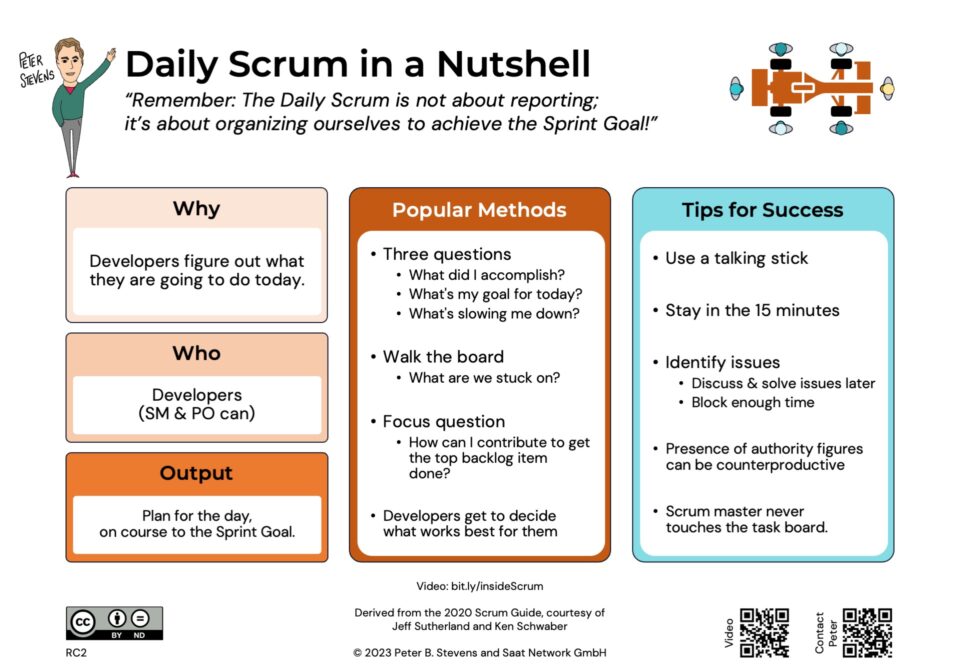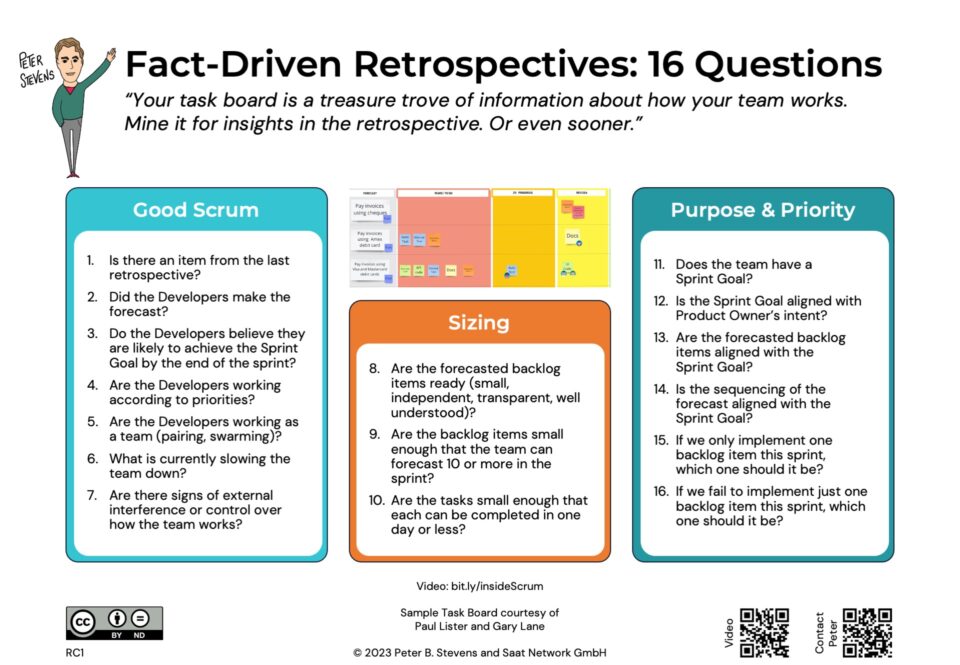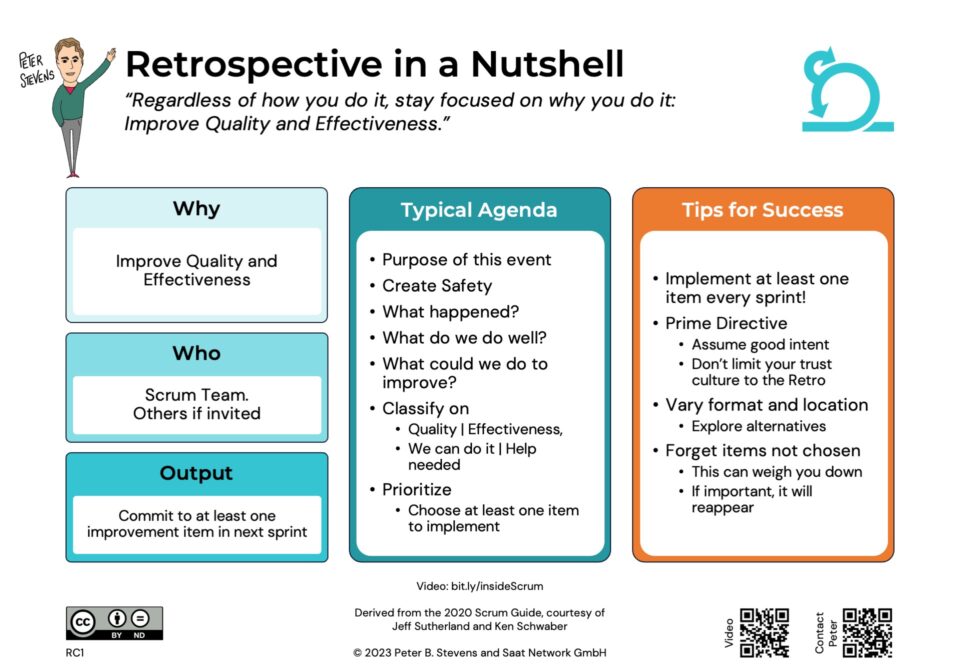Scrum Breakfast in Febraury, Scrum in Management Consulting
31-01-2011Venue for Lean Leadership Course with Mary & Tom Poppendieck
01-02-2011Six years ago (wow!) while browsing a bookstore in Seattle, I picked up a book called ‘Agile Project Management with Scrum’ by Ken Schwaber. For me, this book was a revelation! Finally an approach to project management which made sense! It focused on people, communication, and producing (quality) results. I was immediately convinced by the approach and, well the rest is history. Today, Scrum is the center of my professional life.
I frequently teach my Scrum Team Jumpstart to companies wanting to free themselves from the chains of their own organization. What feedback do I get after such courses? Here are the top three comments:
- Our management should take this course!
- Don’t just talk about software development.
- What comes after Scrum?
Last spring, I had the privilege of reviewing a draft of The Leader’s Guide to Radical Management, by Stephen Denning. My reaction was the same as the to Ken Schwaber’s book: Wow! Simple principles and practices for leading modern companies. I immediately incorporated key lessons from his book into my teaching (which I think is major contributor to feedback item #1). His book is out now, and I highly recommend it.
Denning observes that management has been unable to respond to the changed conditions of the 21st century economy. For example, since 1985, large, established companies have produced virtually no new jobs in the USA — compared to start-ups who have produced 40 million new jobs in the same period. 75% of workers world wide are not fully engaged in their jobs. And Dilbert haunts the hallways of major companies around the world.
In the course of his research, Denning looked for companies and individuals who were especially engaged and productive. He was surprised to discover two areas that were over-represented among the engaged and effective: Software Development and Manufacturing! Software development meant companies doing Agile and Scrum and manufacturing meant mostly Toyota and Honda, i.e. the role models of Lean. He also found people in many other branches applying the same principles and achieving similar results.
Seven principles of Radical Management
Denning avoids using Scrum and Lean terminology to better transport the principles out of their original context. He identifies 7 principles (and some 70 practices) of these enabling environments:
- Delighting Clients
- Self-Organizing Teams
- Client-Driven Iterations
- Delivering Value to Clients in Each Iteration
- Radical Transparency
- Continuous Self-Improvement
- Interactive Communication
Practitioners of Scrum, Lean and Agile will of course recognize the principles and practices as their own.
So where do I think Scrum is going? I think Scrum is expanding beyond software development into more general management. Why do I think this is case? Besides my own empirical experience, Steve’s book provides many answers.
As Scrum expands into into general management, Scrum may or may not keep its name and strict practices. It might morph into something closely related but divorced from its software roots. In any case, I recommend Steve’s book highly!




